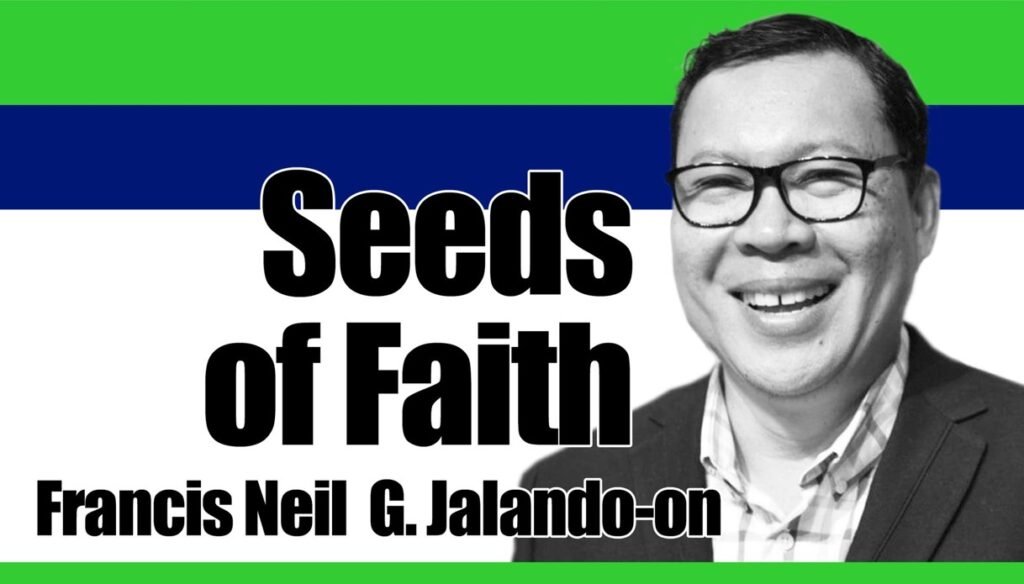
On September 24 to 25, Israel will celebrate Yom Kippur. Yom Kippur, or the Day of Atonement, is a day of deep significance in the Jewish tradition. The ritual of the Yom Kippur is described in Leviticus 16:1-34.
What lessons can we learn from this celebration?
First, reflect on our sins.
Psalm 139:23-24 says, “Search me, O God, and know my heart; test me and know my anxious thoughts. See if there is any offensive way in me and lead me in the way everlasting.”
Yom Kippur is a time for deep introspection and reflection. It is a day when we confront our shortcomings and sins, acknowledging that we are not perfect, and we are in need of God.
As we remember this day, let us realize the importance of looking within ourselves, recognizing our faults, and taking responsibility for our actions.
Second, seek God’s forgiveness and reconciliation with people.
Matthew 6:14-15 says, “For if you forgive other people when they sin against you, your heavenly Father will also forgive you. But if you do not forgive others their sins, your Father will not forgive your sins.”
Yom Kippur is a day when Jews come before God with sincere hearts, asking for His mercy and forgiveness for the wrongs they have committed. It teaches us about the power of repentance and seeking forgiveness.
It is not just about seeking forgiveness from God but also about reconciling with our fellow human beings. The process of repentance or teshuvah in Hebrew involves making amends and seeking forgiveness from those we have wronged. So, let us strive to repair broken relationships and foster reconciliation in our lives.
Third, have a fresh start.
Lamentations 3:22-23 says, “Because of the Lord’s great love, we are not consumed, for his compassions never fail. They are new every morning; great is your faithfulness.”
Yom Kippur marks a new beginning. For Jews, after reflecting on their sins and seeking forgiveness, they are granted the opportunity for a fresh start.
Yom Kippur reminds us to let go of the burdens of guilt and regret, and to embrace the promise of a clean slate. Let us commit ourselves to living more righteous and compassionate lives. Let us remember that God’s forgiveness offers us the chance to grow, change, and become better versions of ourselves.
For Christians, the ultimate atonement for our sins is the sacrifice done by the Lord Jesus Christ in the cross of Calvary. Jesus has once and for all atoned for our sins. In Jesus we experience Yom Kippur. – NWI




